World Environment Day 2020: A Call to Biodiversity Restoration for a Healthy Environment Joint Press Release Lusaka, Friday 5th June, 2020
Notice: Undefined index: catFilterList in /home/zambi/public_html/wp-content/plugins/wp-likes/api.php on line 243
WORLD ENVIRONMENT DAY 2020: A CALL TO BIODIVERSITY RESTORATION FOR A HEALTHY ENVIRONMENT
JOINT PRESS RELEASE LUSAKA, Friday 5th June, 2020
JOINT PRESS RELEASE LUSAKA, Friday 5th June, 2020
ZAMBIA today joins the rest of the world in celebrating the 2020 World Environment Day (WED) under the theme ‘Biodiversity: Time for Nature.’
WED provides an opportunity to broaden the basis for an enlightened opinion and is a call to action for individuals, enterprises and communities to protect the environment.
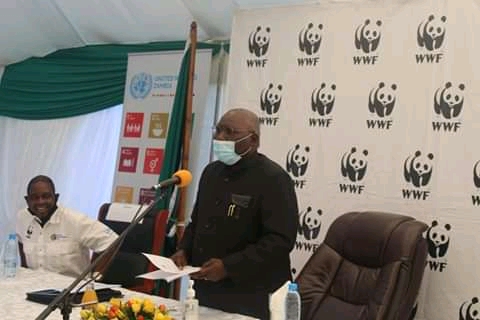
Water Affairs, Sanitation and Environmental Protection Minister Dr. Dennis Wachinga
Biodiversity is the foundation that supports all life on earth and affects every aspect of human health and the environment.
The global disease pandemic; COVID-19 – demonstrates the interdependence of humans and webs of life, in which they exist.
It underscores the fact that, when we destroy biodiversity, we destroy the system that supports human life.
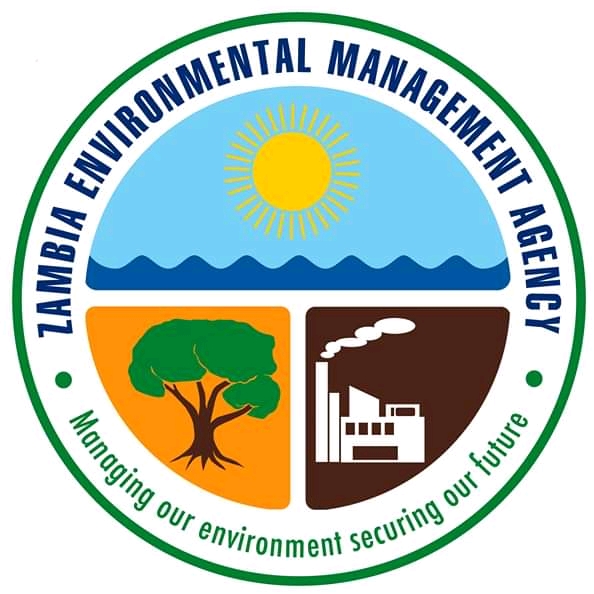
Zambia Environmental Management (ZEMA): “Managing our Environment, Securing our Future“.
It is estimated that, globally, about one billion cases of illness and millions of deaths occur every year from diseases caused by coronaviruses; and about 75 per cent of all emerging infectious diseases transmitted to people by animals.

Irene G. Lungu Chipili
ZEMA Corporate Affairs Manager, Irene Lungu Chipili:
“As ZEMA, we join other stakeholders in the country to commemorate WED 2020 with a call to biodiversity restoration and revisiting our relationship with the environment. There is strong evidence linking human-induced environmental changes resulting from deforestation, poorly managed wildlife and climate change, to biodiversity loss, creating conditions that favour particular hosts, vectors, and/or pathogens.
As a symbolic gesture in support of biodiversity, ZEMA has, through material support from cooperating partners, donated assorted food and other items to Chimfushi Chimpanzee Orphanage Reserve in Chingola. Chimfunshi is one of the oldest and largest chimpanzee reserves in the world housing 134 Chimpanzees. The reserve also has an Education Centre used for research purposes by primatologists and students, and visiting school groups and tourists”.
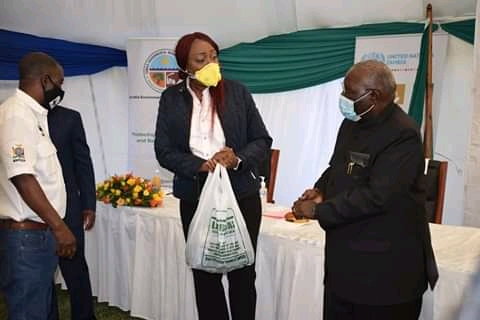
Nachilala Nkombo with Dr. Dennis Wachinga
WWF Zambia Country Director, Nachilala Nkombo:
“Investing in environmental sustainability serves as an insurance policy for health and human well-being. A healthy environment means a healthy economy too.
COVID-19 is a wake-up call to humanity to change our ways and start doing things right; respecting nature is for our own good. Deforestation, poor agricultural practices, dam and water bodies’ siltation, water and air pollution, wildlife poaching as well as poor waste management are serious environmental challenges that we face as a country. It is thus important to use this day to raise awareness.
Nature is declining at an alarming rate, unprecedented in human history with over one million plant and animal species at risk of extinction. Wildlife populations have declined by 60% globally in the last 40 years and in Zambia we have seen a decline in many of our wildlife species that have come under immense pressure due to poaching.
In view of the increasing threat to our biodiversity at the country level arising from over exploitation of our genetic resources, natural habitat loss, increased climate impacts and many other factors, we see the need for a new deal for nature and people through a reaffirmation of clear country commitment towards reversing the loss of nature and our biodiversity through strengthening the implementation of the convention on biodiversity.
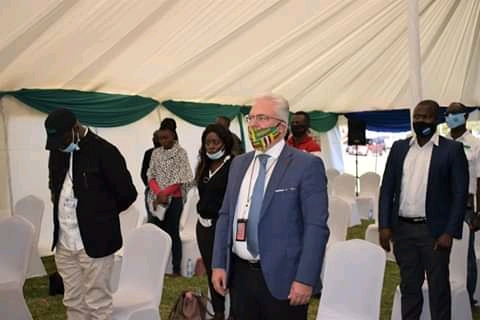
As we embark on a process of redefining the next set of our national development ambitions and targets, higher targets for not only climate change but also biodiversity are necessary and should be at the center of national development planning and economic recovery strategy. Zambia must heighten its ambition to become #Nature Positive by 2030
As WWF, we have supported various activities to commemorate WED which include media programmes, materials production and a donation to the Department of National Parks and Wildlife aimed at empowering wildlife rangers as protectors of biodiversity.
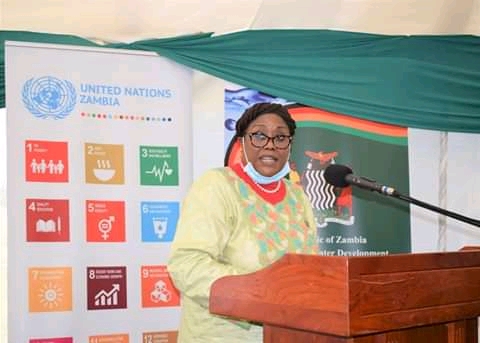
We believe that information dissemination should be an on-going activity to achieve the desired goal of environmental sustainability. We therefore commit to sustainable partnerships with like-minded institutions.”
Issued by:
Irene Lungu Chipili Nachilala Nkombo
Manager, Corporate Affairs Country Director
Zambia Environmental Management Agency WWF Zambia
###
Contacts:
ZEMA—Irene Lungu Chipili, Manager, Corporate Affairs-0977744299, iglungu@zema.org.zm
WWF Zambia—Isabel Mukelabai, Government Relations & Strategic Partnerships– 0977181220; imukelabai@wwfzam.org
About ZEMA
The Zambia Environmental Management Agency (“ZEMA”) is a statutory body established under the Environmental Management Act (“EMA”) Number 12 of 2011 whose mandate is to do all such things as are necessary to ensure the sustainable management of natural resources and protection of the environment, and the prevention and control of pollution. The EMA has three subsidiary legislation namely; Environmental Protection and Pollution Control (Environmental Impact Assessment) Regulations, Statutory Instrument No. 28 of 1997; Environmental Management (Licensing) Regulations, Statutory Instrument No. 112 of 2013; and Environmental Management (Extended Producer Responsibility) Regulations, Statutory Instrument No. 65 of 2018.
About WWF Zambia
WWF is one of the world’s largest and most respected independent conservation organizations, with over 5 million supporters and a global network active in over 100 countries. WWF’s mission is to stop the degradation of the Earth’s natural environment and to build a future in which humans live in harmony with nature, by conserving the world’s biological diversity, ensuring that the use of renewable natural resources is sustainable, and promoting the reduction of pollution and wasteful consumption.
www.rainbownewszambia.com




















